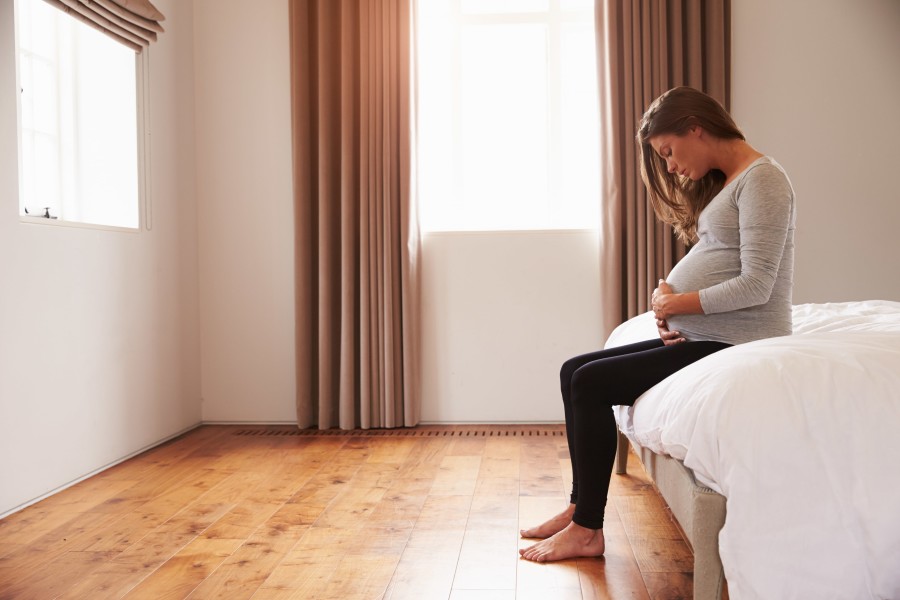
It is a well-known fact that pregnant women are usually told to work, exercise and walk regularly. This is to make sure that the labour and delivery happen as smoothly as possible with all the muscles stretched adequately. But in some cases, bed rest is prescribed to help prevent complications for pregnant women. This might sound like the best things that could happen to you when you are pregnant. Bed rest also known as activity restriction can mean anything from complete rest for a few weeks or few months to even spending some time in a hospital. However, bed rest isn’t prescribed often as it is not a proven remedy for preventing pregnancy complications or preterm birth.

In cases where the doctors feel that the woman’s uterus is very weak or in few other scenarios, bed rest is recommended. Bed rest helps to increase blood flow to the placenta, and this helps to raise the baby’s birth weight slightly. The reasons when bed rest is suggested are:

In some cases, bed rest during pregnancy just means to limit the activity level just for a short period. You can still continue going to your work or move around the house.
In other cases, bed rest means you might need to remain in a sitting or reclining position on the bed most of the time, only getting up to use the toilet or shower. You might not be allowed to work or do even light household chores until the baby is born.

There are a lot of drawbacks with bedside. Which is why several doctors are more likely to be cautious in doling bed rest out. Prolonged inactivity or complete bed rest can drive to hip and back pain, muscle atrophy (which can make it difficult to jump back as and when you deliver), bone loss, skin irritation and even blood clots in the legs. It may also raise many of the normal symptoms of pregnancy, like heartburn, constipation and leg swelling, and also raise your chances for gestational diabetes since your body isn’t breaking down glucose at its normal rate. Moreover, research has confirmed a connection between reduced appetite (which can occur with activity restriction), maternal weight loss and less birth-weight infants. Now if you don’t have a good appetite you might not eat well and this again might hinder the growth of the baby.
Bed rest also can raise the risk of blood clots, particularly in the veins in your legs. Reduced bone mass might be a concern as well. Emotionally, you may feel confined or isolated. Mood changes, guilt, stress and depression are normal and your partner might feel the same. Child care is often a source of stress, and your children might feel frightened or confused. If you’re not able to work, finances can become a concern as well. All these will create stress and tension for pregnant women in a time where they should be happy and worry about nothing else.
Here are some things that you can do
If the isolation or frustration of bed rest during pregnancy is more than you can handle, consult your health care provider or a mental health provider for additional support. Remember, bed rest won’t last forever.
It is the most powerful creation to have life growing inside of you.There is no bigger gift